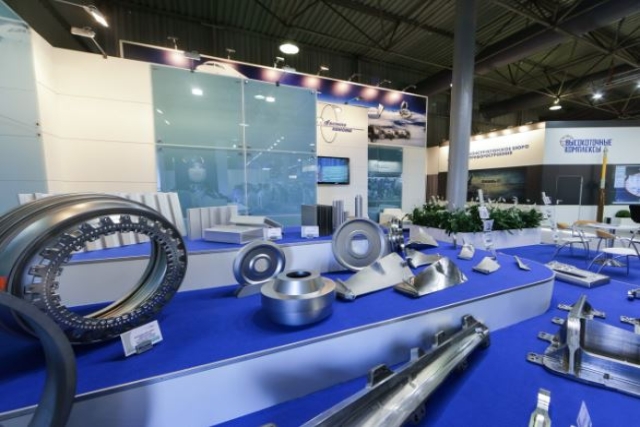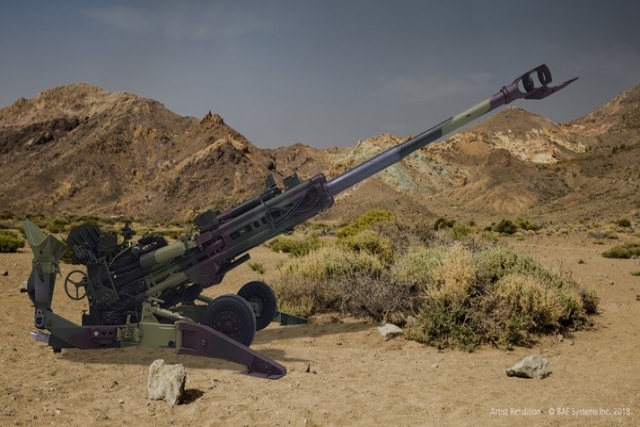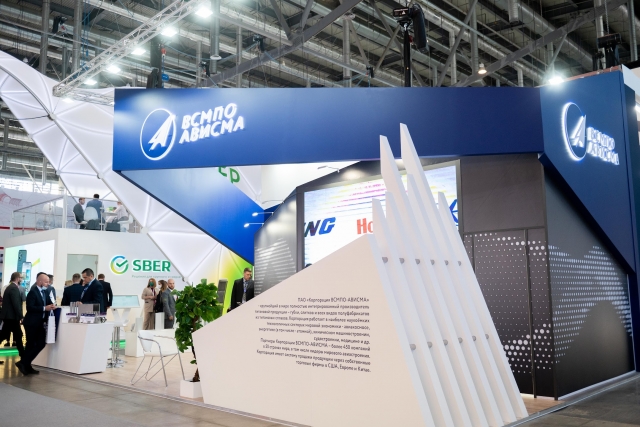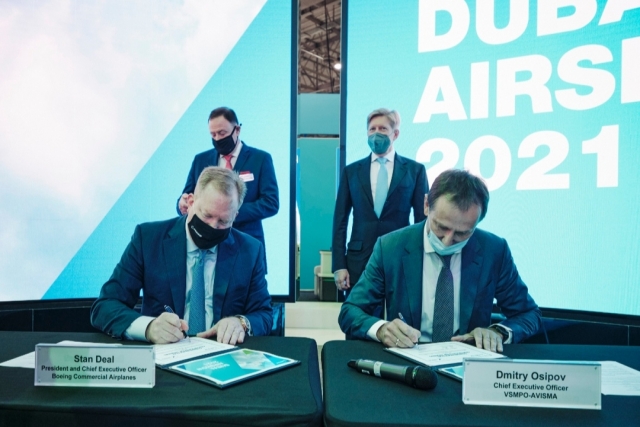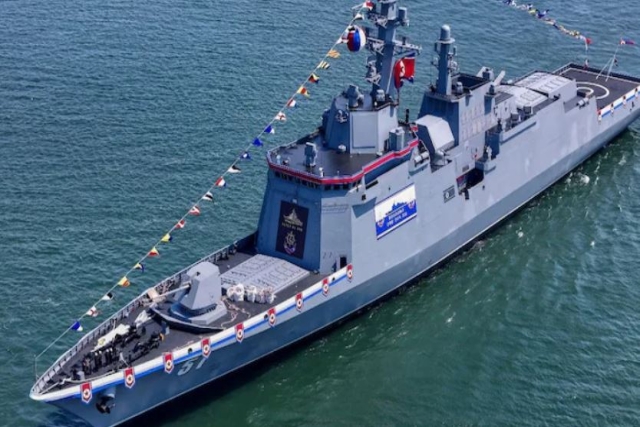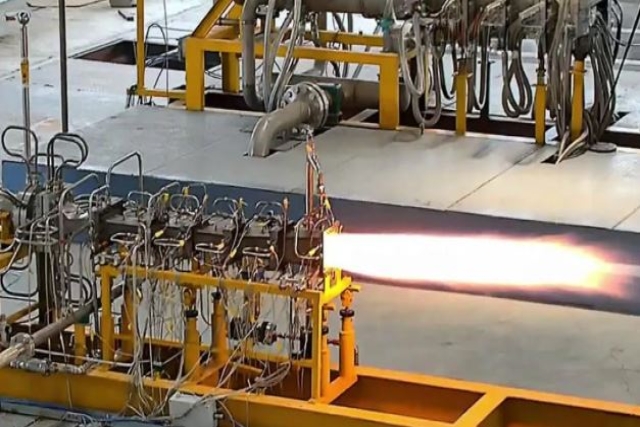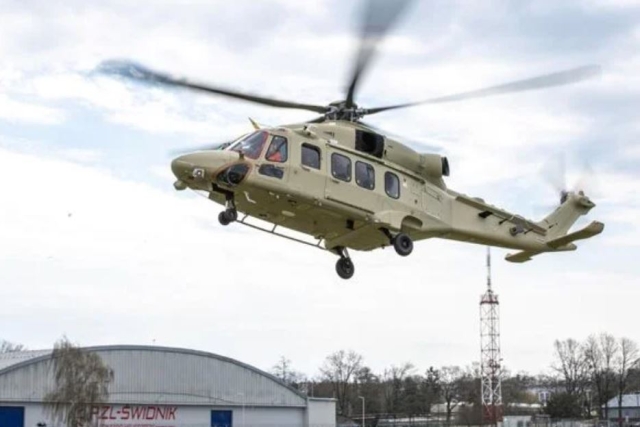Saudi Arabia to Buy 10 A330neo Planes, Supply $666M worth Titanium to Airbus
The titanium-for-aircraft deal will enable Airbus to reduce dependency upon Russia, one of the main suppliers of aerospace grade titanium in the world.
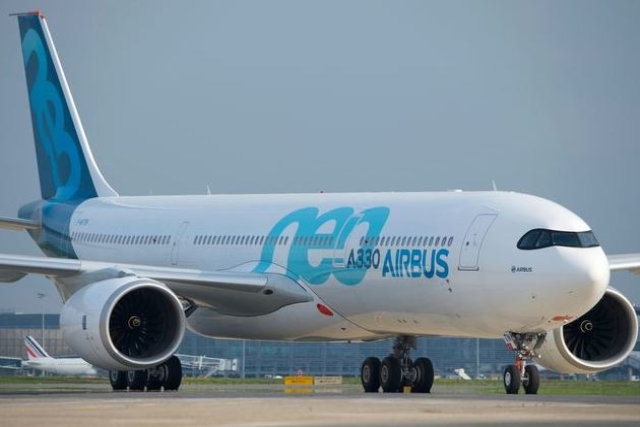
Airbus has signed a major two-way agreement with Saudi Arabia that includes the sale of 10 A330neo long-haul aircraft to the kingdom’s national carrier, Saudia, and the purchase of Saudi titanium worth approximately $666 million.
Finalized on Wednesday, the deal includes an option for Saudia to acquire 10 additional aircraft. The agreement supports Saudi Arabia’s efforts to expand its aviation sector and boost its global tourism ambitions, while Airbus moves to secure alternative sources of titanium amid ongoing supply issues linked to sanctions on Russia.
Russia remains one of the world’s top suppliers of aerospace-grade titanium, but Western manufacturers like Airbus and Boeing have been forced to seek new sources following Moscow’s invasion of Ukraine and the resulting sanctions. The titanium shortage has been further compounded by lingering trade policy tensions and tariff threats under the administration of former U.S. President Donald Trump.
The agreement marks a strategic shift for Airbus, reducing its dependency on Russian metals while aligning with Saudi Arabia’s growing role in the global titanium market. Riyadh currently produces around 200,000 tons of titanium annually and plans to more than double that figure to 500,000 tons by 2030. The country has ilmenite reserves estimated at 10 million tons, giving it the capacity to scale up production to meet growing international demand.
“By strengthening ties with Saudi Arabia, Airbus is not only securing critical materials for its supply chain, but also reinforcing its presence in a region that is fast becoming central to global aviation growth,” said an industry source familiar with the deal.
The titanium-for-aircraft deal also aligns with the Saudi government’s broader strategy to diversify its economy through investment in high-tech industries, including aerospace and automobile manufacturing.
